Apply the Principles of Improv to Thrive as You Lead
“The new, entrepreneurial experience of work is very different from the mass-industrial experience. It is about acting into the unknown, not necessarily working towards a known goal. It is more about improvising together than creating and following a script. It is more about emergence than rational causality. It is more about sciences of complexity than systems thinking.” – Esko Kilpi
In rapidly changing and uncertain circumstances the principles of improv provide a refreshing and hopeful alternative to our natural human tendencies to react based on fear or a desire to maintain control. Improv is the new mindfulness. It is about directing your brain, body, and emotions 100% to the present moment, not looking forward or backward.
The verb improvise means “to fabricate out of what is conveniently on hand.” And this is exactly what we’re called to do pretty much every day of our lives. As much as we might like to have a script, improvisation is what life does and we have to get comfortable coping without a plan that we can confidently control.
In today’s unpredictable world, the simple principles of improv might just be your ticket to a greater ability to rebound from setbacks, cope with stress and disappointment, and thrive in times of disruption.
Session Topics
- “Yes, AND …”, the guiding philosophy for improvisational theatre and the common goal that each individual player supports.
- Practicing Improv helps you develop greater agility/skill in the following areas …
– Awareness – Gaining a better understanding of your impact on others.
– Listening – Being present and connecting with others.
– Openness – Suspending judgment; ensuring all ideas and perspectives are explored.
– Adaptability – Becoming more comfortable with uncertainty and rapid change.
– Communication – Actively connecting with a partner(s) in service of a larger goal.
– Collaboration – Building effective teamwork through the power of ensemble.
– Proactivity – Reacting quickly on your feet.
– Confidence – Being validated for your unique gifts and contributions. - These foundational skills lead, in turn, to increased levels of both individual and collective …
– Engagement – Facilitating autonomy, intrinsic motivation and psychological safety while honoring diversity and inclusion.
– Shared Leadership – Sharing the responsibility for collective success and balancing contributions by taking turns leading and following.
– Learning Agility – Experiencing growth by stepping outside your comfort zone, paying attention to your ever-changing context and learning from experience.
– Innovation – Developing a greater capacity for creative problem-solving, experimentation and continuous improvement.
Pre-Work
- Watch Dave Morris’ TED Video, “The Way of Improvisation”
- Read Conversational Leadership by Alex Carabi
- Read “Yes, and …” by Jeff Thoren and Trey Cutler
Post-Work
- Accept the “Yes, And …” Challenge
Related References/Resources
- Karen Tilstra’s TED Video, “Two words that can change the world”
- Mary Lemmer’s TED Video, “How improv can improve your leadership and life“
- Highlights from Do Improvise by Robert Poynton (section on leadership)







Responses